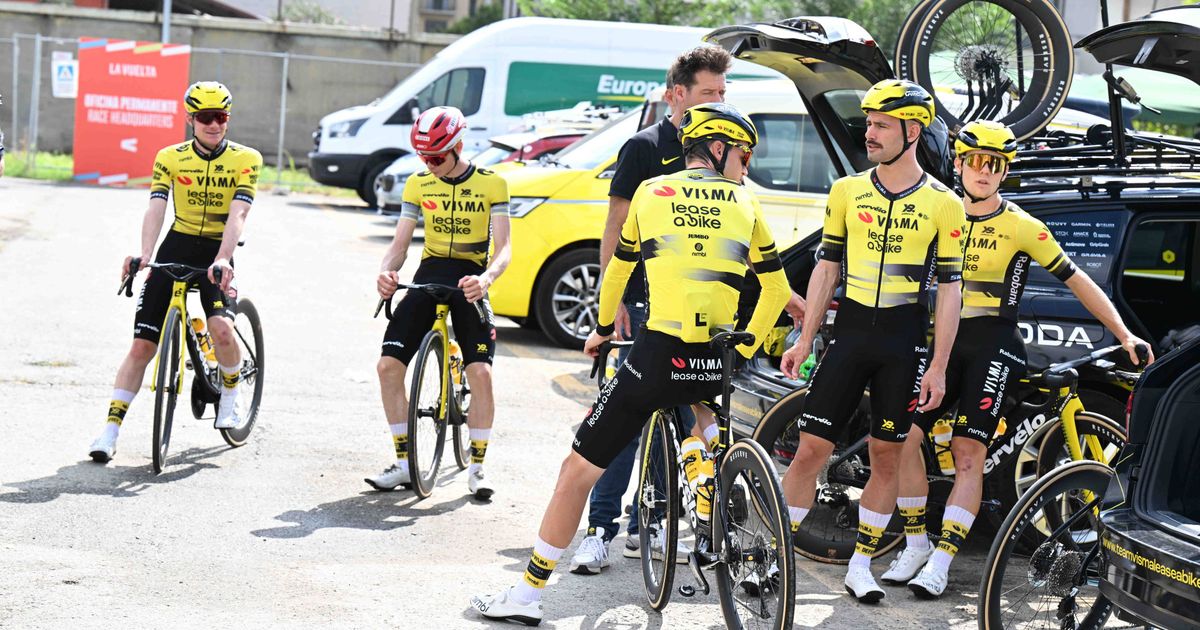That shift, he argues, brings weighty expectations far earlier than before. “Someone gets the label of talent quickly and something is expected of you. That automatically creates pressure. The environment expects things too. I don’t think that’s always healthy.”
Fierce competition and Dutch prospects slipping away
The demand for prodigies has dramatically reshaped the development market. De Groot made clear the battle now stretches far beyond national borders and traditional talent hubs. “Red Bull, Trek, us, Decathlon… those are big rivals for each other and the battle is intense.”
That intensity has seen Visma miss out on home-grown names. Two highly rated Dutch juniors — Michiel Mouris and Gijs Schoonvelde — opted to sign with Red Bull – BORA – hansgrohe’s pathway instead. “We’d certainly have liked to have one of them,” De Groot admitted. “Everyone makes their own choices, but we’re very keen to bring through Dutch riders.”
“Man is not a machine”: senior pros feel the shift tooThe consequences of cycling’s youth obsession are already felt beyond academies. Veteran Belgian Julien Vermote, speaking to Het Nieuwsblad, warned that the drive to find “the new Pogacar or Remco” risks sidelining experience and burning out youngsters. “They all think they’ll miss the new Pogacar or Remco otherwise. But there aren’t fifty of them walking around like that.”
He also highlighted the growing reliance on numbers over intuition: “Everything is measured in watts and heart rate zones. While you still win races with brains and gut feeling… Man is not a machine, and people seem to forget that. The race isn’t a laboratory. You win with heart, not with an algorithm.”
His message dovetails with De Groot’s warning: the system is becoming more intense, not necessarily more humane.
A talent arms race — but at what cost?
The top teams are investing earlier, scouting deeper, and recruiting younger. Development squads are becoming junior teams; junior teams increasingly resemble pro systems. The upside is clear: pathways are sharper and support is stronger. But the fallout — from mental strain on teenagers to fewer opportunities for seasoned professionals — is now centre stage in the sport’s debate.
For Visma’s performance chief, protecting riders through this new reality will be as important as finding them.
How teams handle that balance could shape the next era of the peloton.

